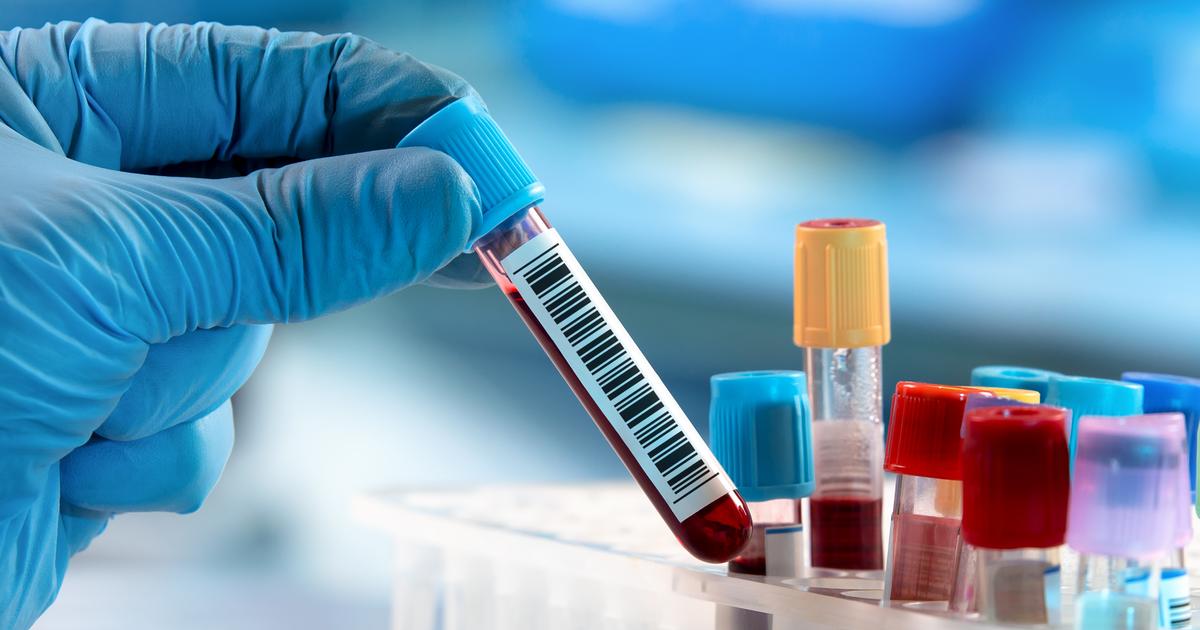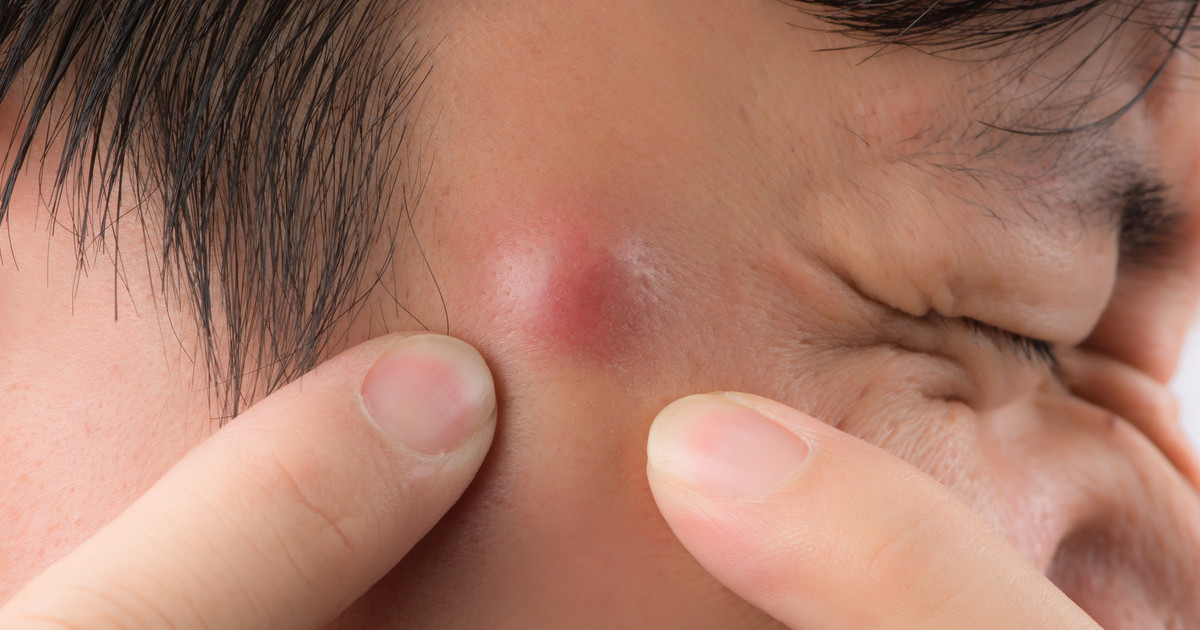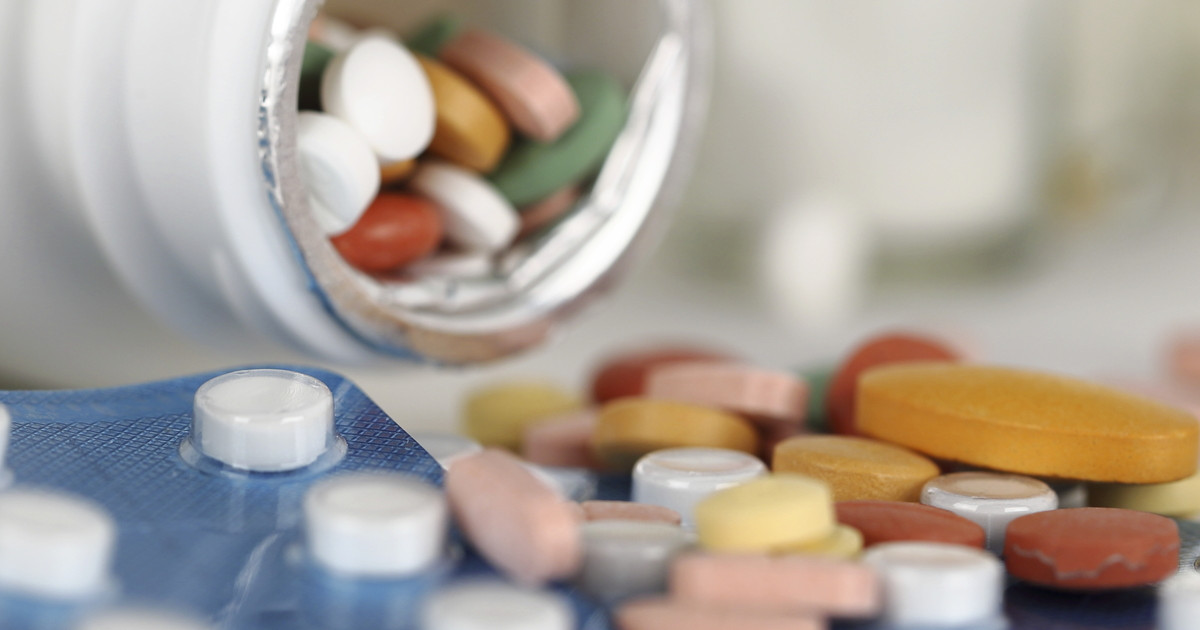Guide To Dapsone (Aczone)
Dapsone is part of a group of medicines called sulfones. It is available by prescription. The medication was first used for the treatment of leprosy in the 1940s. Typically, patients with acne are prescribed the topical form. Individuals with leprosy or dermatitis herpetiformis take it orally. The standard daily dose for tuberculoid leprosy is one hundred milligrams. Patients will need to take it for up to six months. Individuals with dermatitis herpetiformis begin on a dose of fifty milligrams daily. The dose may reach up to three hundred milligrams. Generally, these patients must continue to take dapsone for the rest of their lives. Patients will need regular monitoring and laboratory tests during their treatment.
As mentioned, topical dapsone is a common prescription acne treatment. Doctors also prescribe it as a leprosy treatment for certain forms. When used for acne, patients often apply it as a topical cream. However, there are other antibiotics for acne, both topical and oral antibiotics. Patients may need to take oral dapsone with other medications to prevent antibiotic resistance. Ultimately, it is vital to understand how this medication works before taking it.
How It Works

Dapsone, which can be sold as Aczone, is a sulfone antibiotic. It stops bacteria growth by blocking the synthesis of dihydrofolic acid, a vitamin B9 derivative. The synthesis is blocked through the creation of competition with PABA. Dapsone is also an anti-inflammatory medication. It blocks the action of an enzyme called myeloperoxidase. The blockage means that hypochlorous acid cannot accumulate in the body. This mechanism reduces the tissue damage that occurs as a result of inflammation. Some researchers believe that this blockage may also reduce the inflammation associated with neurodegenerative conditions. Examples include strokes and Alzheimer's disease.
Continue reading to uncover information on the uses and benefits of this medication next.
Uses And Benefits

Adults and children frequently take the oral form of this medication for dermatitis herpetiformis and leprosy. It can treat both lepromatous and tuberculoid forms of leprosy. This antibiotic may be taken with other medicines to treat Hansen's disease. It also helps in the treatment of malaria and pneumocystis pneumonia. Doctors may prescribe it as prophylaxis for cases of toxoplasmosis. Patients may use a topical formulation to treat acne.
Most conditions require it to be used in combination with other medicines. For example, patients with tuberculoid leprosy use it with rifampin to reduce the risk of developing resistance to dapsone. This antibiotic is often used with trimethoprim to treat pneumocystis pneumonia.
Discover the potential medication side effects next.
Potential Side Effects

This medication is associated with a range of potential side effects. Some of these can be serious. The most frequent side effects are nausea, vomiting, blurred vision, dizziness, and appetite loss. Headaches, ringing in the ears, spinning sensations, and sleeping difficulties may occur as well. Patients should let their doctor know right away if these effects continue or worsen. Less commonly, some individuals on this medication have experienced chest pain, rapid breathing, a fast heart rate, and difficulties urinating. The patient's lips and skin may turn blue. It is also possible for them to have muscle weakness. Mood or mental state changes are potential side effects as well.
Rarely, dapsone may cause low blood counts and liver disease. Potential signs of these issues include jaundice, pale skin, dark urine, and abdominal pain. During treatment, patients should seek urgent care if they develop any of these signs. Prompt care is also important if the patient shows any signs of infection. These signs include fever, chills, or a sore throat.
Learn about the precautions for this medication next.
Precautions To Remember

Before taking dapsone, patients should let their doctors know about their medical history. For example, they will need to know about any history of liver disease, heart disease, or lung disease. It is especially important for patients to inform their doctor about any history of blood conditions. Examples include anemia, G6PD deficiency, and porphyria. This medication may not be safe for use by these individuals. Anemia patients will need to be treated for this condition before starting dapsone. Pregnant or breastfeeding women should discuss the benefits and risks linked to this medicine with their doctor. Generally, this medication is not recommended during these times. When this medicine is used to treat Hansen's disease, it can cause muscle weakness, skin sores, and numbness or pain. These side effects may require additional treatment. Thus, patients should inform their doctor promptly if they notice any of these symptoms.
Patients should not use alcohol or marijuana while taking dapsone. The medication can increase sensitivity to the sun. As such, patients are advised to avoid sun exposure as much as possible and to wear sunscreen daily. They should not use tanning beds. In addition, individuals may want to wear hats, long sleeves, and other protective clothing to reduce sun exposure. Patients who use dapsone to treat dermatitis herpetiformis will need to follow a gluten-free diet while using this medicine. This antibiotic can be taken before or after eating a meal. Patients should drink a glass of water when they take it as well.
Reveal the potential medication interactions next.
Potential Medication Interactions

Patients should inform their doctor about all of the prescriptions and over-the-counter medicines they use before taking dapsone. They should let them know about any vitamins, minerals, or herbal supplements as well. This information should help doctors avoid potential medication interactions. Patients should ask their pharmacist to check for potential medication interactions before dispensing the medicine.
Dapsone is known to interact with nitrofurantoin and primaquine. It also interacts with pyrimethamine and other folic acid antagonists. If patients take dapsone with saquinavir, it could change how it is removed from the body. This may alter the effectiveness of dapsone as well. The oral form of dapsone can make the oral typhoid vaccination less effective. Thus, individuals who are getting any vaccination should let their doctor know that they are taking it.
